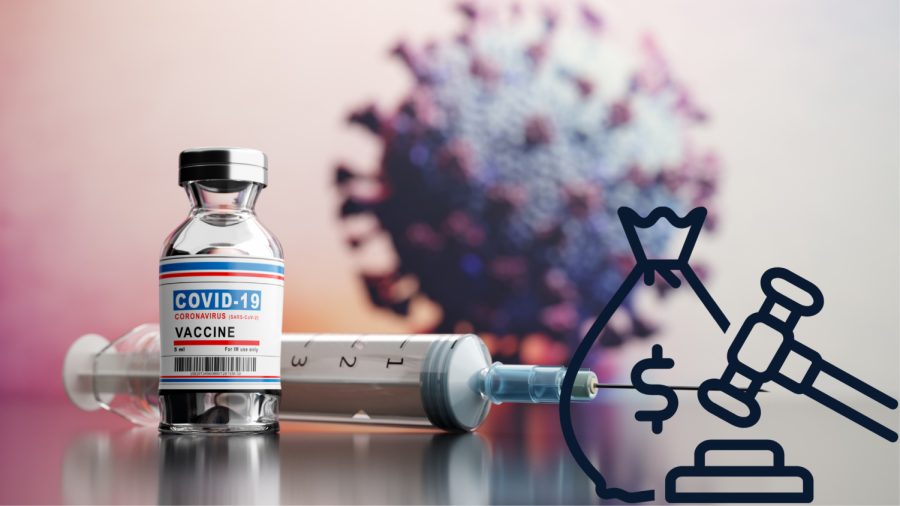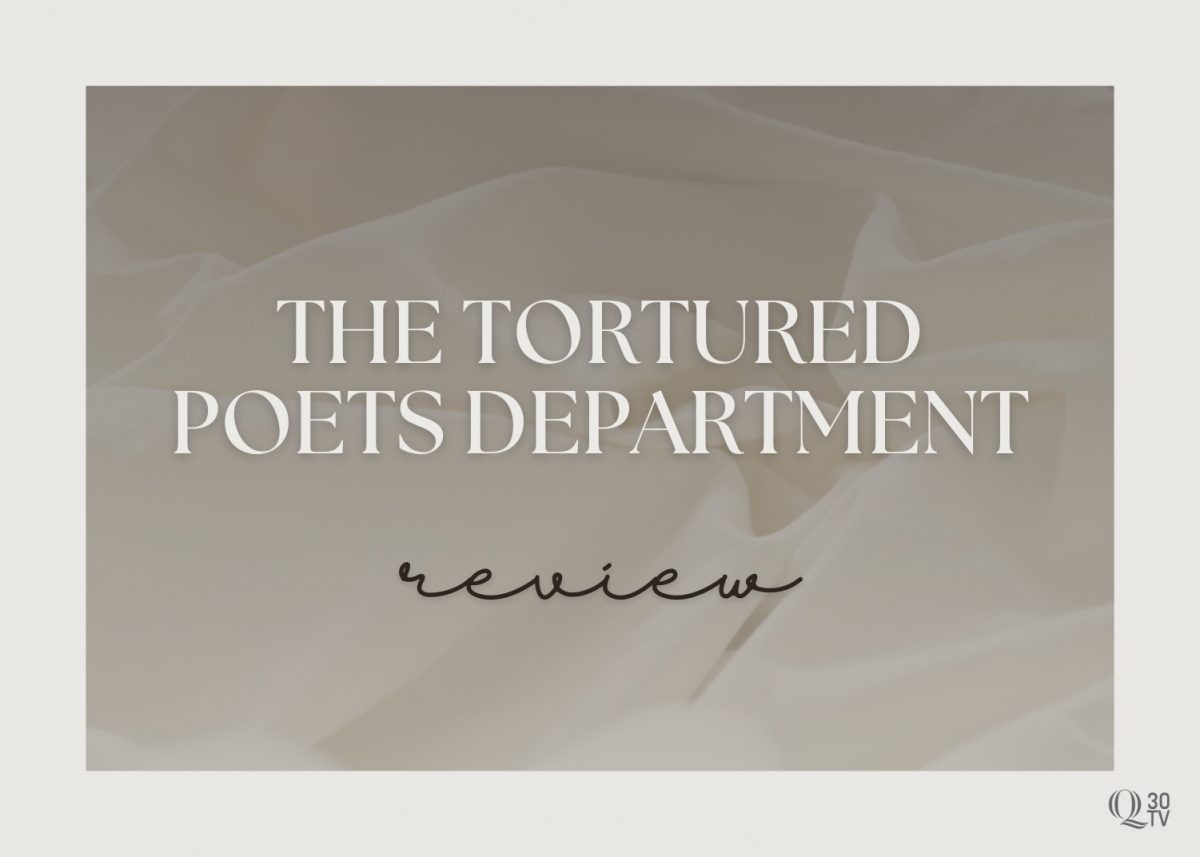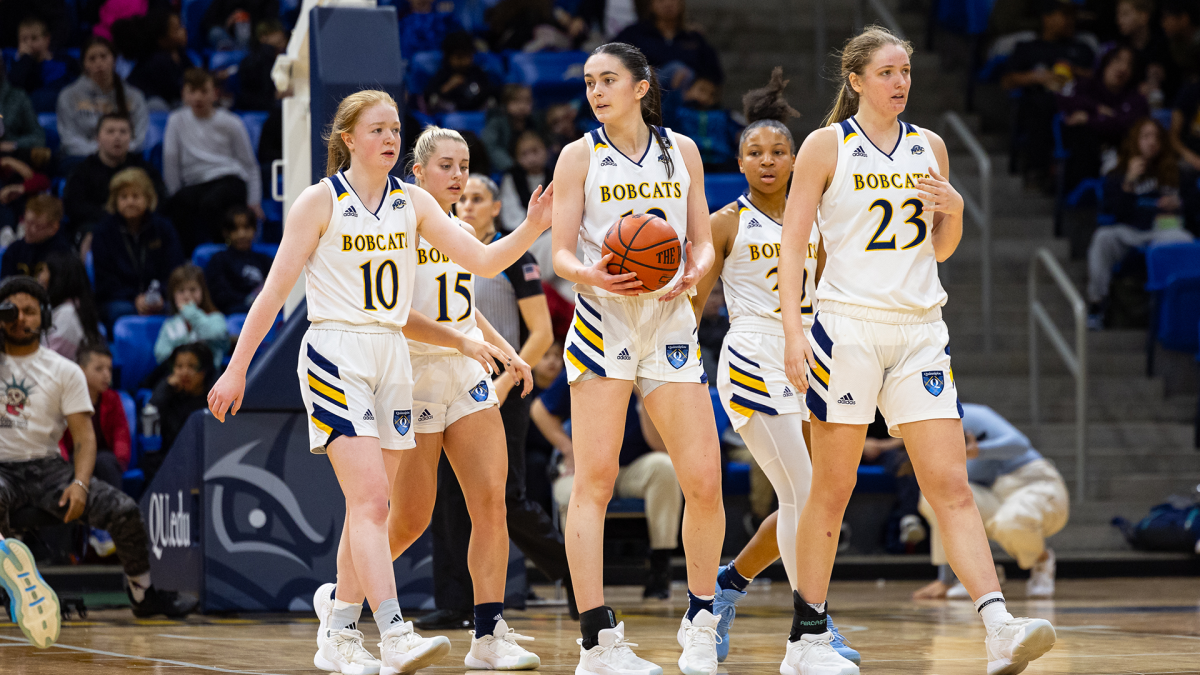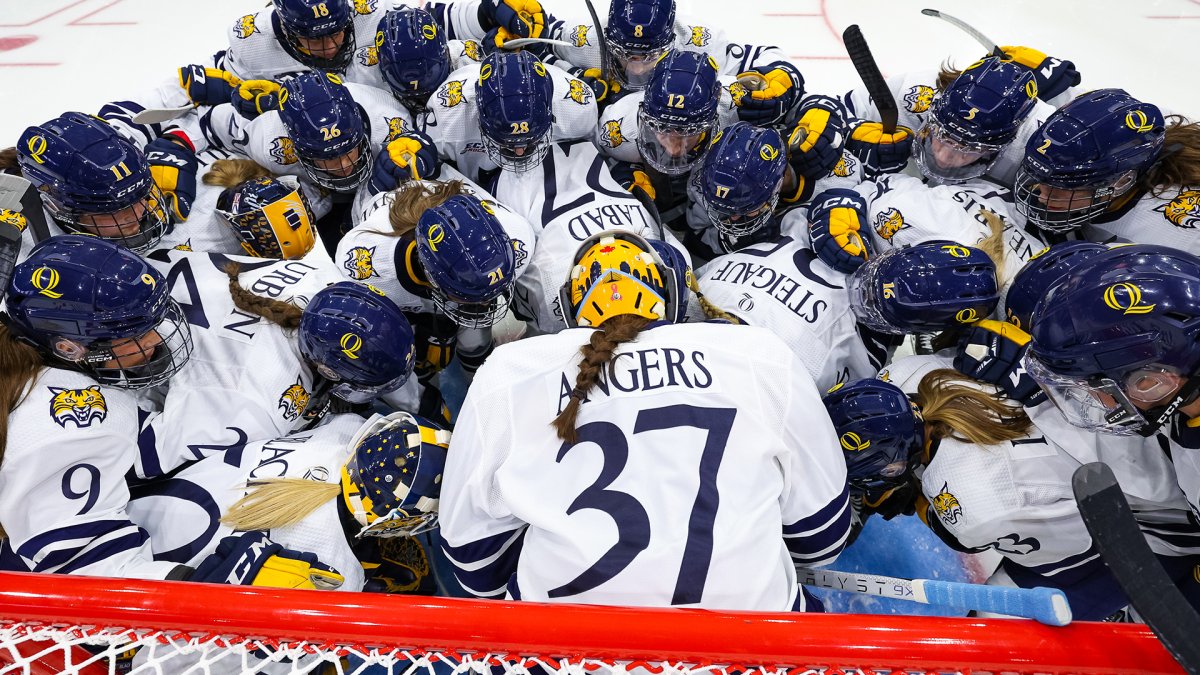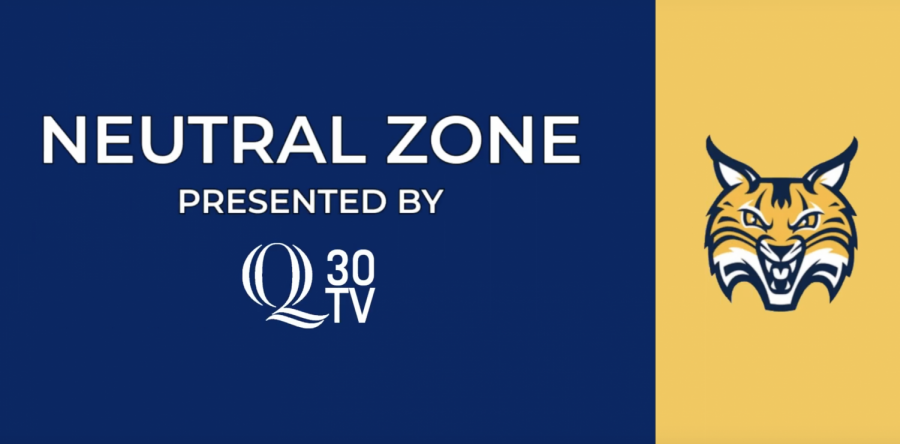Quinnipiac will fine unvaccinated students and withdraw campus network and Wi-Fi access
August 17, 2021
Quinnipiac University emailed 600 unvaccinated students on Mon. Aug. 16, stating they will be charged a maximum of $2,275 per semester starting this academic year, with weekly fines starting at $100, along with losing campus network and Wi-Fi access.
The fine starts at $100 per week if the vaccine requirement is not met during the first two weeks of the semester. This fine will increase by $25 every two weeks, which will increase the fine to a maximum of $200 per week. For students who miss their weekly PCR COVID-19 tests, there will be an additional $100 fine per test.
Chief Experience Officer, Tom Ellett, says in the email, “The above fees and penalties will be waived by students who have already received one dose of a two-dose vaccine (Pfizer or Moderna) by Aug. 25.”
Students will not be charged as long as they are fully vaccinated by Sept. 14. Those with religious and medical exemptions will not be fined.
Ellett also says students who remain unvaccinated, with or without the first vaccine, will have to provide a PCR test result five days before returning to campus through the Student Health Services (SHS) patient portal.
Associate Vice President for Public Relations, John Morgan, is hopeful the new consequences put in place will encourage students to get vaccinated.
“Our hope is we don’t have to assess these charges on anyone, but rather the students provide their necessary documentation as required before the start of the semester,” Morgan said. “As of this morning [Aug. 17], 30 students have uploaded their vaccination records since the communication went out.”
Noah Gilbert, a senior entrepreneurship and CIS double major, says as adults, students should have the right to choose to get vaccinated or not.
“I understand the school is trying to ‘protect their students,’ but that should not come at the cost of their own freedom,” Gilbert said. “We should have the right to make our own decisions.”
Gilbert believes students also have the choice to leave the school or obey the rules.
“For most people, leaving the school would be more of a hassle than to just follow the rules,” Gilbert said. “I see it more as a money grab if anything. If the school truly cared about our health, then they would just say if you don’t comply, you can’t come on campus.”
Courtney Carlson, a junior nursing major, was not expecting to see the fines for unvaccinated students.
“I am shocked to see the fines, I simply thought they would not allow people on campus, like how we had to scan our cards last year before being allowed onto campus,” Carlson said. “I guess with classes being in person that means people wouldn’t be able to attend classes that they’re paying for.”
Ellett mentioned in the email the deadline to request an exemption, including a religious exemption, has already passed on Jul. 6. However, some late medical exemptions may be accepted.
“Medical exemptions requested past the deadline will be considered on a case-by-case basis based upon verification and signature of a licensed medical provider,” Ellett said.
Although Carlson feels it’s a tough situation, she said the university did notify students in advance about the deadline which led to new protocols on campus.
“The university did notify everyone of the Aug. 1 deadline in a timely manner,” Carlson said. “That being said, they have to enforce the requirement in some way.”
Furthermore, Carlson says that students could have exempted themselves, with the notices the university had provided.
“People were aware of the documents they had to submit and they shouldn’t be able to get off the hook easily,” Carlson said. “The fines can be seen as greedy for the university, as we have dealt with that too recently, but they are easily avoidable as well.”
Jack Quinn, a junior nursing major, has expressed that students who can afford the fine expense wouldn’t be severely affected by the protocols.
“My problem with it is that students who are wealthy can still afford to pay the price of the fines and can either rely on unlimited data plans and or, if they live off-campus, can use their personal wifi,” Quinn said.
Quinn says students who have not been vaccinated and those who were not exempt, should not be on campus due to health risks to students living on campus who are vaccinated.
“Personally, I think all unvaccinated students, except those who received medical exceptions, should not be allowed to return to campus as they put the health of every other student on campus at risk,” Quinn said.
In compliance with COVID-19 protocols, Ellett says vaccinated and unvaccinated students must isolate for 10 days if they test positive.
However, unvaccinated students must quarantine, if they have a positive PCR test, while vaccinated students do not need to quarantine unless they have COVID-19 symptoms.
Ellett says the new protocols are necessary to ensure a safe, in-person college experience.
“We wish we did not have to take these measures, but protecting the health of our QU community by ensuring compliance with our vaccination requirement is the only way we can ease most of our COVID-related restrictions and safely return to our in-person learning and living activities,” Ellett said. “Thank you for your attention to these important health protocols.”
Students will not be allowed to move into university housing unless they upload their vaccination record to the SHS portal. For more information regarding this year’s health protocols and the fall semester, visit Quinnipiac’s frequently asked questions page.


